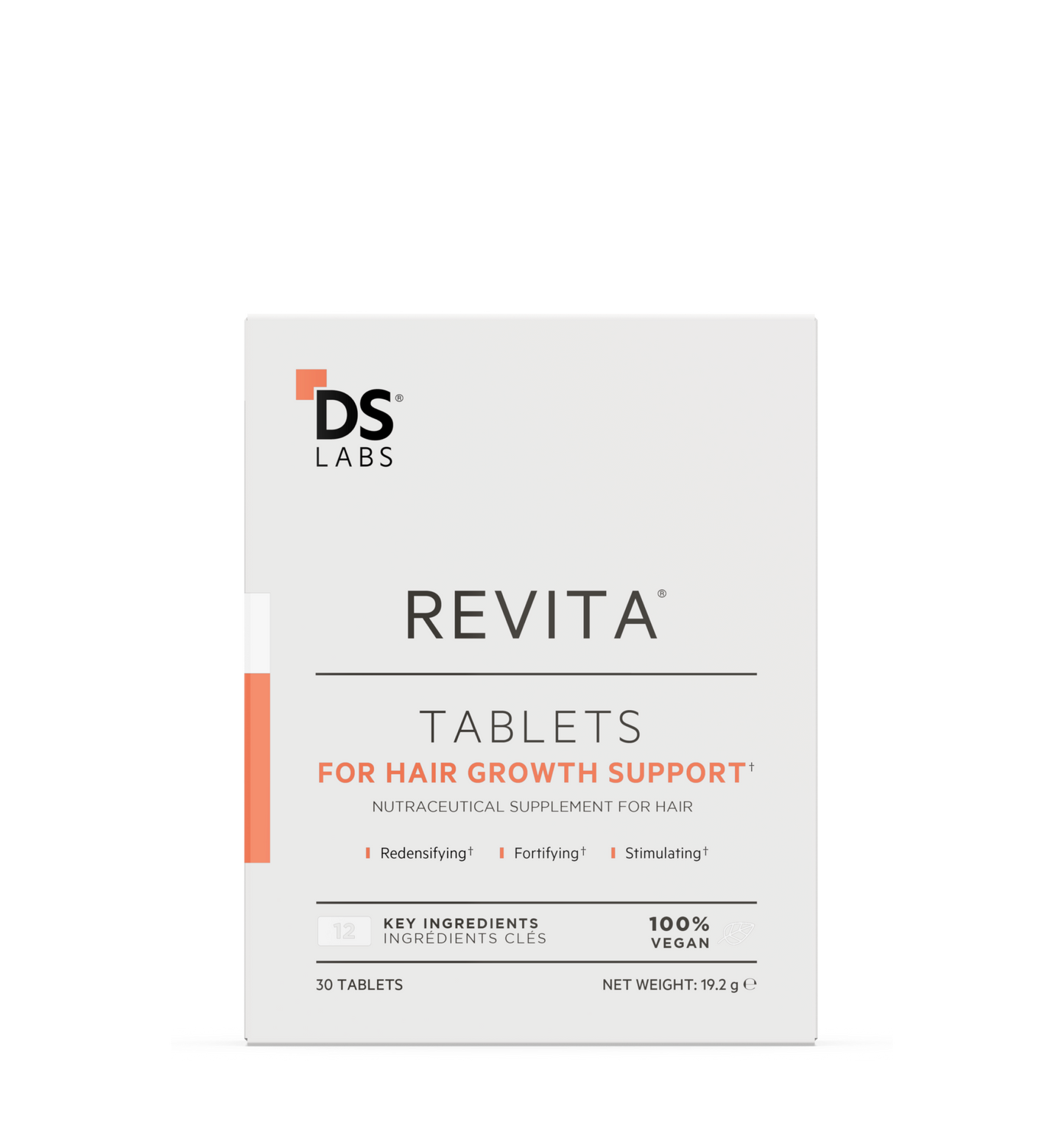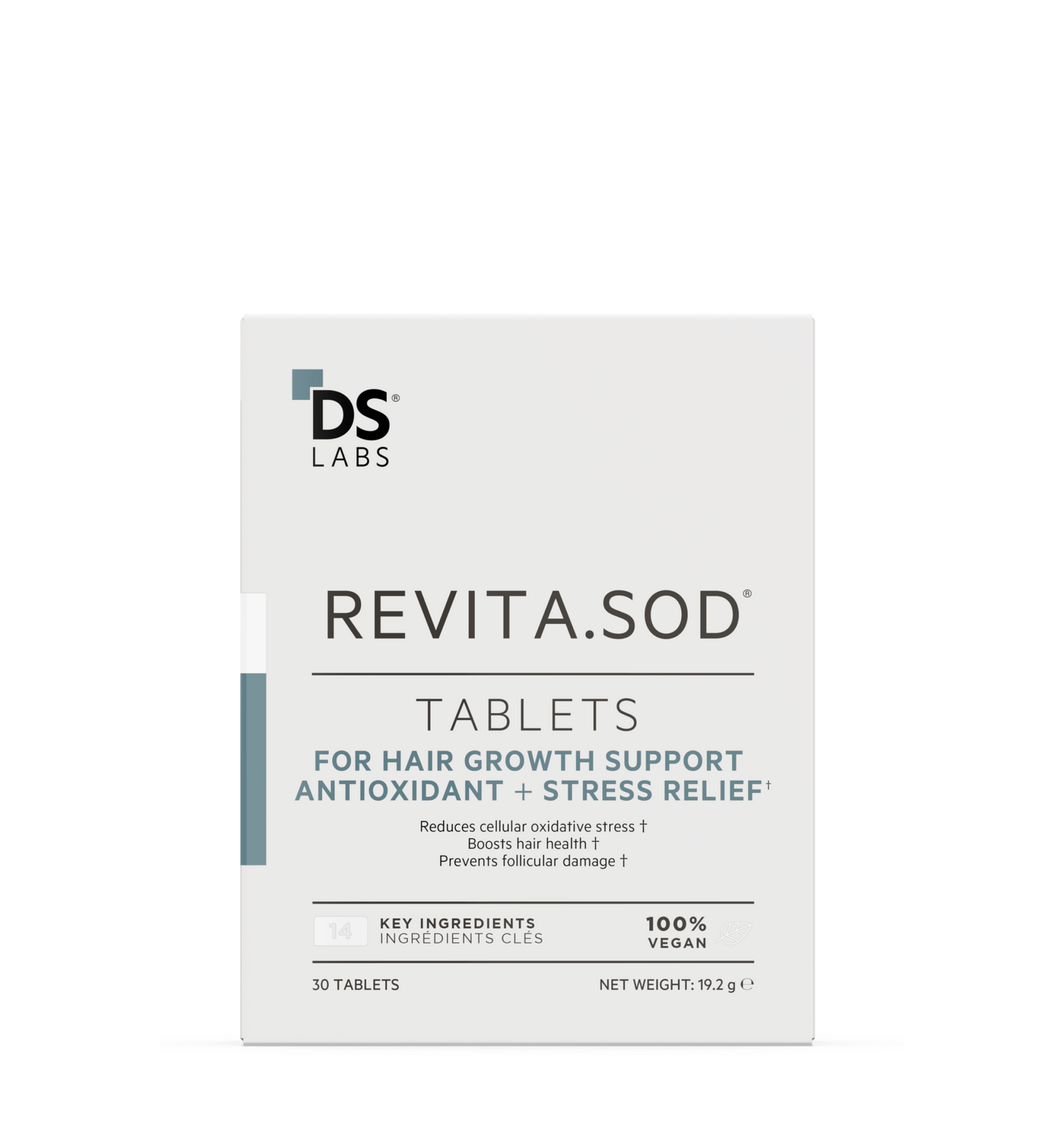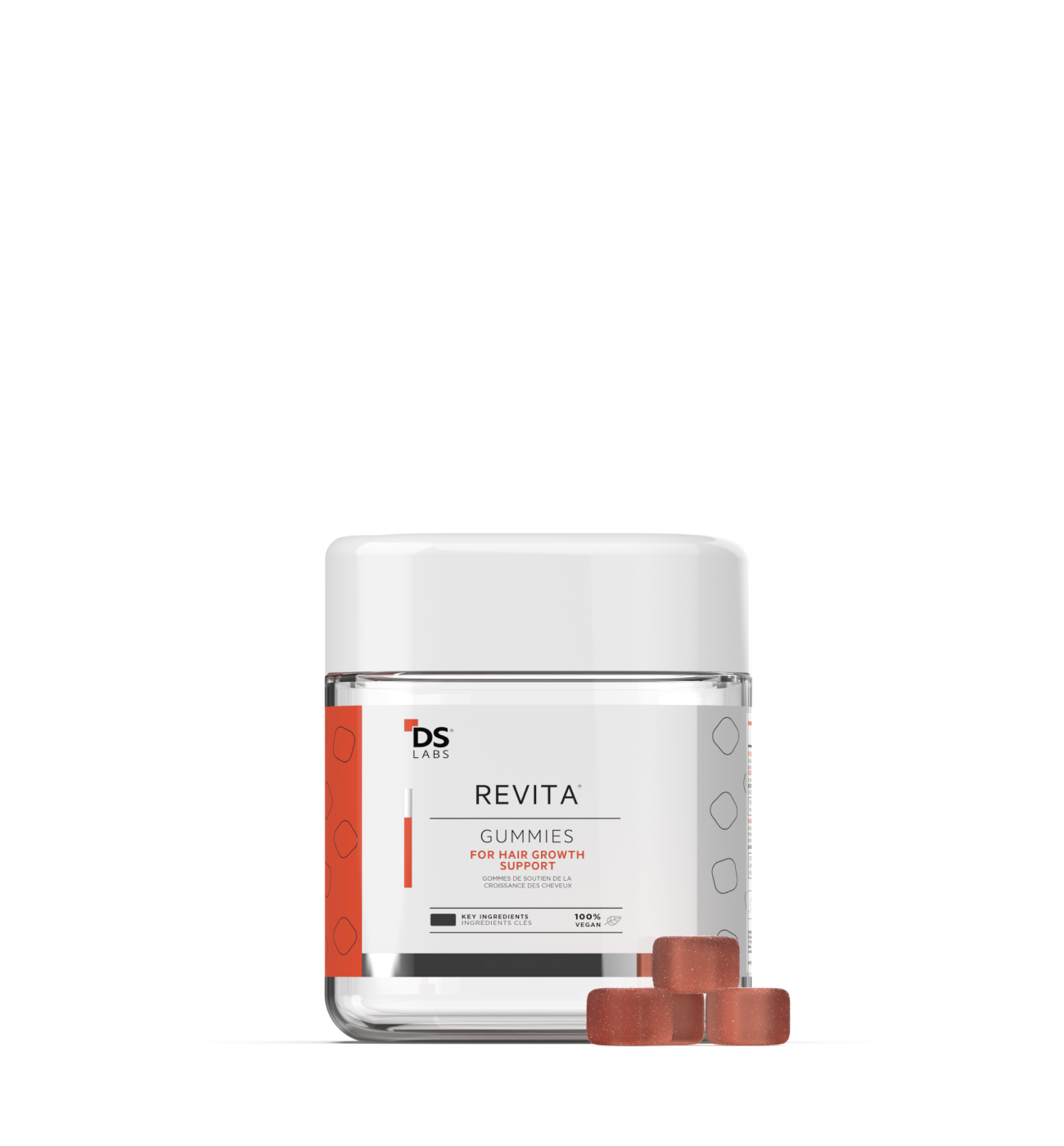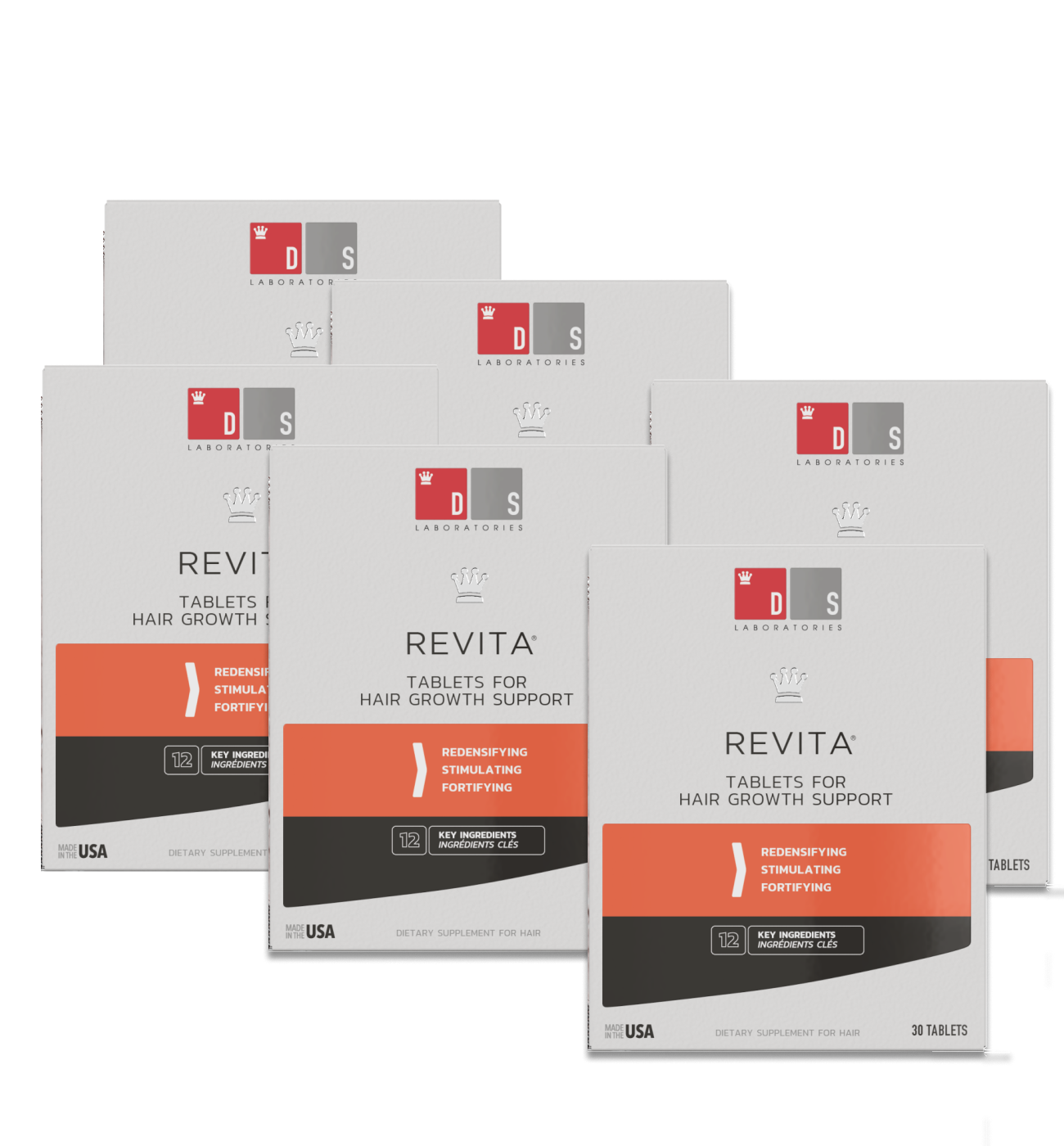Want strong, healthy hair? There are changes you can make to your diet that can help with that.
Hair growth largely depends on factors like age and genetics, but diet can also play a big role. So, if you want a gorgeous mane, work on nourishing your body from within. Many vitamins and minerals can influence your hair follicle’s growth cycle and cellular turnover but eating a diet rich in zinc can do wonders for hair growth.
First, What Is Zinc?
Zinc is an essential trace mineral that is good for your overall health.
You need it for the proper functioning of your body’s immune system. It also plays a vital role in cell division, cell growth, and wound healing. This essential mineral is also great for metabolism, gut health, hair, skin, and nails.
In addition, this trace mineral is required for the production of over 200 different enzymes in the body. It plays an important role in RNA (ribonucleic acid) and DNA (deoxyribonucleic acid) synthesis.
It thus impacts your physiology in many ways.
Does Zinc Really Help with Hair Growth?
Zinc plays an essential role in overall hair wellness.
It accelerates hair follicle recovery and inhibits hair follicle regression to ensure optimal functioning of your hair follicles. It keeps the scalp healthy by attacking inflammation and infection on the scalp, reducing build-up, de-clogging follicles, and stimulating the production of new, healthy cells.
A healthy scalp promotes hair growth, but you need a sufficient supply of zinc for it to happen.
What Happens If We Don't Get Enough Zinc?
A zinc deficiency can spell trouble for your hair follicles.
It is believed that a zinc deficiency could lead to changes in the protein structure of the hair follicles, which might impact the structural integrity of the hair shaft. This can make old and new hair thin, brittle, and prone to breakage.
It also impacts your scalp, leading to dry, flaky skin that could impede hair growth.
Zinc deficiency is also linked with many types of hair loss.
For instance, a 2011 study evaluated the effects of zinc supplementation on women with polycystic ovarian syndrome (PCOS). It found that 41.7% of women saw a decrease in hair loss after 8 weeks of supplementing their diets with zinc.
As you can tell, zinc is an essential mineral for our hair health.
Our bodies, however, do not produce or even store zinc. Hence, we need to consume it every day to ensure good health — especially for our beloved strands.
10 Food Items That Are Rich in Zinc
Want to prevent a zinc deficiency? Incorporate these food items into your diet.
Dark Chocolate
Dark chocolate is the best and the most indulgent way to incorporate reasonable amounts of zinc into your diet. It’s also rich in minerals like iron and magnesium, which can improve your hair’s luster and shine while promoting hair growth.
Eggs
Eggs, whether poached, boiled, or fried, are a good source of hair-healthy nutrients like zinc, protein, and biotin, making them important for hair health, growth, and overall wellness.
Legumes
Legumes are high in protein and are a good source of many essential minerals, including zinc. Look to chickpeas, beans like kidney beans and black beans, and lentils to get rid of your zinc deficiency.
Mushrooms
Mushrooms are rich in fiber, protein, and other essential nutrients. They also contain a decent amount of zinc, with shiitake mushrooms and button mushrooms being the best sources.
Nuts
Nuts have loads of nutrients, including zinc. Add pine nuts, cashews, and almonds to your diet to meet your zinc needs. Pecans and walnuts are also good options.
Oysters
Oysters are a good source of zinc. They support hair growth and may even reverse the effects of hair loss caused by zinc deficiency.
Seeds
Seeds are high in fiber and healthy fats, but they also contain lots of zinc. Hemp seeds, chia seeds, flax seeds, and pumpkin seeds are all great options for facilitating hair growth. You can also use pumpkin seed oil to combat hair loss.
Spinach
Spinach, a leafy green, is a powerhouse of nutrients, so you can be sure it contains a decent amount of zinc.
Tofu
Tofu, a plant-based food containing high levels of protein, is also a good source of zinc. Its nutritional profile, as you can tell, is essential for healthy hair growth.
Whole Grains
Whole grains, ones that come with the outer layer (germ) intact, are good sources of zinc. Look to oats, rice, quinoa, and whole wheat to meet your zinc needs.
Improve Zinc Levels in Your Body with Supplements
The foods mentioned in the previous section can help you meet your body's zinc needs, but sometimes you may need some extra help since only 30% of the zinc you ingest is absorbed by the body.
This is where supplements come in handy.
Zinc supplements can boost your diet. They’re available in many forms and come with different add-on ingredients that target different bodily concerns.
Wrapping Up
An adequate intake of zinc can help you improve how your hair follicle’s function and promote hair growth.
Just make sure you don’t get more zinc than your body requires as it could cause overly high testosterone levels. When high testosterone levels are coupled with hormonal changes, it could inhibit the anagen and catagen stages of hair growth, leading to hair loss.
In general, however, the recommended daily allowance for adults is 11 milligrams a day for men and 8 milligrams per day for women. Pregnant and lactating women as well as children will have different needs. It’s best to consult a doctor to confirm how much zinc you should be taking and avoid zinc toxicity.















